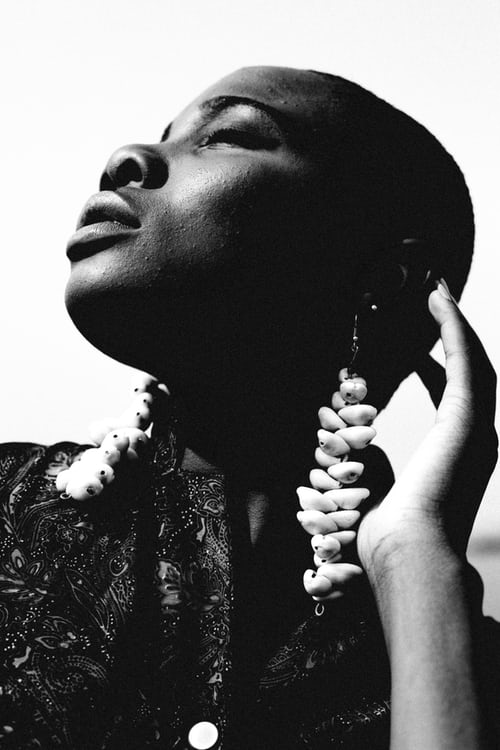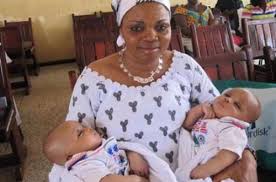
The Akan people of Ghana frequently name their children after the day of the week they were born and the order in which they were born. These "day names" have further meanings concerning the soul and character of the person. Middle names have considerably more variety and can refer to their birth order, twin status, or an ancestor's middle name. This naming tradition is shared throughout West Africa and the African diaspora. During the 18th–19th centuries, enslaved people in the Caribbean from the region that is modern-day Ghana were referred to as Coromantees. Many of the leaders of enslaved people's rebellions had "day names" including Cuffy, Cuffee or Kofi, Cudjoe or Kojo, Quao or Quaw, and Quamina or Kwame/Kwamina.
There are also special names for elder and younger twins. The second twin to be born is considered the elder as they were mature enough to help their sibling out first. (The definition above must be a regional concept because in Cape Coast, heart of Fanti land, the elder twin is the one who comes out first, the second twin is considered the younger one. Therefore, The younger twin would be Kakra; the older twin would be Panyin.) The word Panyin means older/elder. Kakra is short for Kakraba which means little/younger one. The definition/description below for the meaning of younger and an elder are backwards or vice versa.
